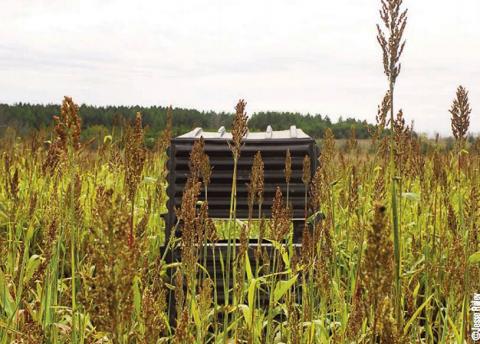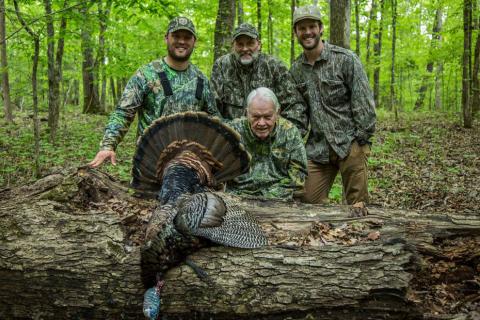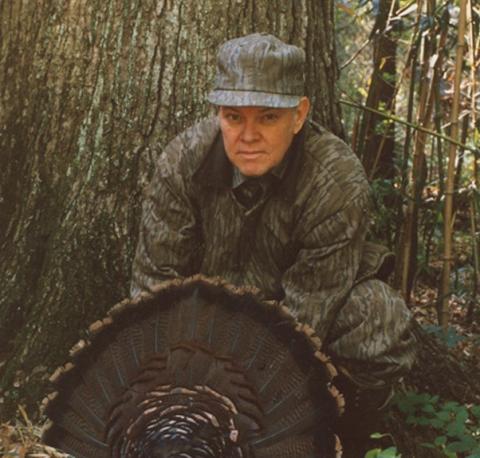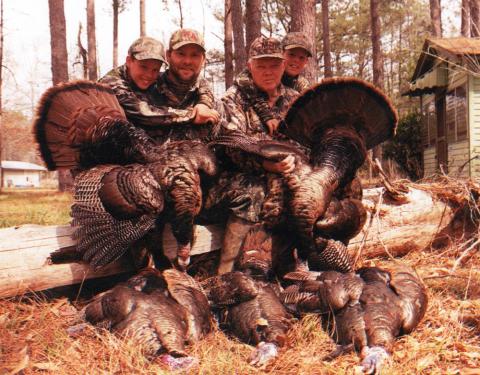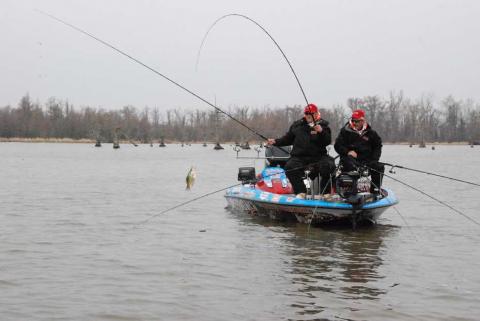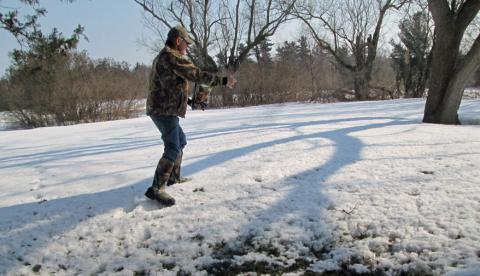Bob Humphrey
There are many reasons why bowhunters miss deer. Each has a remedy.
1. Home on the Range
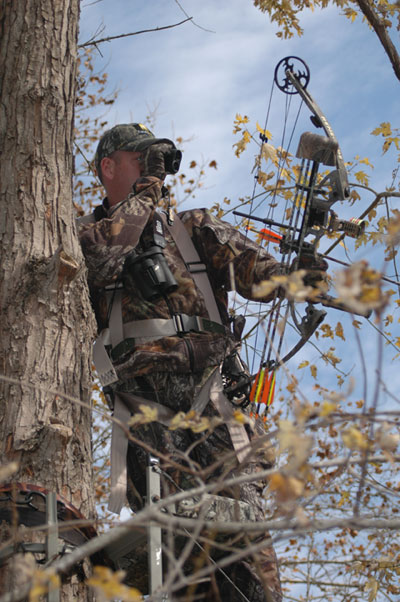 One of most common reasons for a miss (most often under-shooting) is simply misjudging distance. The remedy is just as simple: use your rangefinder. Notice I didn’t say, “use a rangefinder.” You should already have one. If not, you shouldn’t be bowhunting in the first place. Take it out and use it. Spend idle time on stand, which there’s usually plenty of, practicing your range estimation. Pick a spot, estimate the range, and then check yourself with the rangefinder. The more you practice, the better you get at it.
One of most common reasons for a miss (most often under-shooting) is simply misjudging distance. The remedy is just as simple: use your rangefinder. Notice I didn’t say, “use a rangefinder.” You should already have one. If not, you shouldn’t be bowhunting in the first place. Take it out and use it. Spend idle time on stand, which there’s usually plenty of, practicing your range estimation. Pick a spot, estimate the range, and then check yourself with the rangefinder. The more you practice, the better you get at it.
2. Gravity
The next most common reason for misses, (over-shooting), is failure to compensate for the steep downward angle when shooting from an elevated platform. According to Sir Isaac Newton, the force of gravity is greatest on an object traveling parallel to the ground. It is less on an object traveling at a steep downward or upward angle. Shooting at steep angles may result in hitting (or missing) above your point of aim. Simple solution: aim low.
3. Jump
The same solution applies to our next excuse: string jumping. No matter how fast your bow shoots, the arrow still travels slower than the speed of sound. The sound of your shot will reach the animal before the arrow does. An alarmed deer will crouch down, essentially loading its spring-like legs, before it leaps away. If it's quick enough, it can actually duck under the arrow which is called jumping the string. Here again, aim low at the animal's heart. If the animal doesn't move, you hit it in the heart. If it does crouch, you still hit it in the lungs. Another solution is to use a pendulum sight designed to compensate for up or down angles by moving as you tilt your bow. And of course, don’t shoot at animals that appear tense or alarmed.
4. Negligence
In most cases, misses are a direct or indirect result of the jerk on the string (you). That’s often due to negligence of some form or another. Examples include inadequate practice and failure to properly maintain your equipment. Shoot, shoot often and simulate hunting situations when practicing. Check and maintain your equipment on a regular basis to make sure all your archery equipment is in shape. Take good care of it and it will take care of you.
5. Nerves
Let’s face it, we all get nerved up when that big buck, or doe suddenly steps into our shooting lane. If we didn’t, why hunt? You can’t eliminate it, but you can overcome it. One of the best remedies is experience. The more encounters you have, the more confident and comfortable you’ll be. Then it becomes a matter of trying to calm yourself. Finally, practice plays a role here as well. The mechanical part of drawing, aiming and shooting should be automatic, so you don’t have to think about it, and that only comes with practice.
















